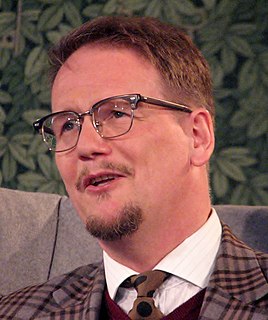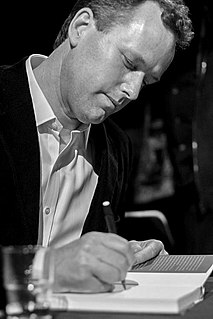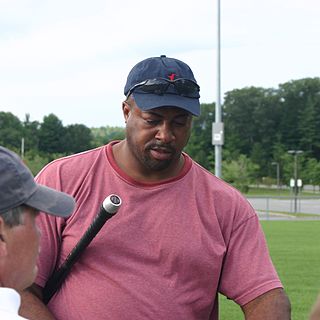A Quote by Mickey Spillane
I'm a commercial writer, not an author. Margaret Mitchell was an author. She wrote one book.
Related Quotes
The first of the Trainspotting crew to die. Out of the five of them like, Begbie, Renton, Spud, Sick Boy and [Margaret] Thatcher. Who'd have thunk she'd have been the first to go? She was the invisible author of the book, really. She created the conditions and the hubris whereby that whole culture flourished.
Whether the author intended a symbolic resonance to exist in her book is irrelevant. All that matters is whether it's there. Because the book does not exist for the benefit of the author, the book exists for the benefit of YOU. If we as readers can have a bigger and richer experience with the world as a result of reading a symbol and that symbol wasn't intended by the author, WE STILL WIN.
No one really knows the value of book tours. Whether or not they're good ideas, or if they improve book sales. I happen to think the author is the last person you'd want to talk to about a book. They hate it by that point; they've already moved on to a new lover. Besides, the author never knows what the book is about anyway.
I don't think that children, if left to themselves, feel that there is an author behind a book, a somebody who wrote it. Grown-ups have fostered this quotient of identity, particularly teachers. Write a letter to your favorite author and so forth. When I was a child I never realized that there were authors behind books. Books were there as living things, with identities of their own.







































